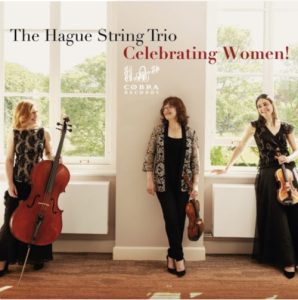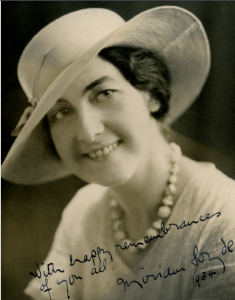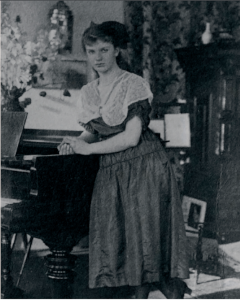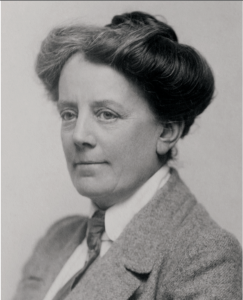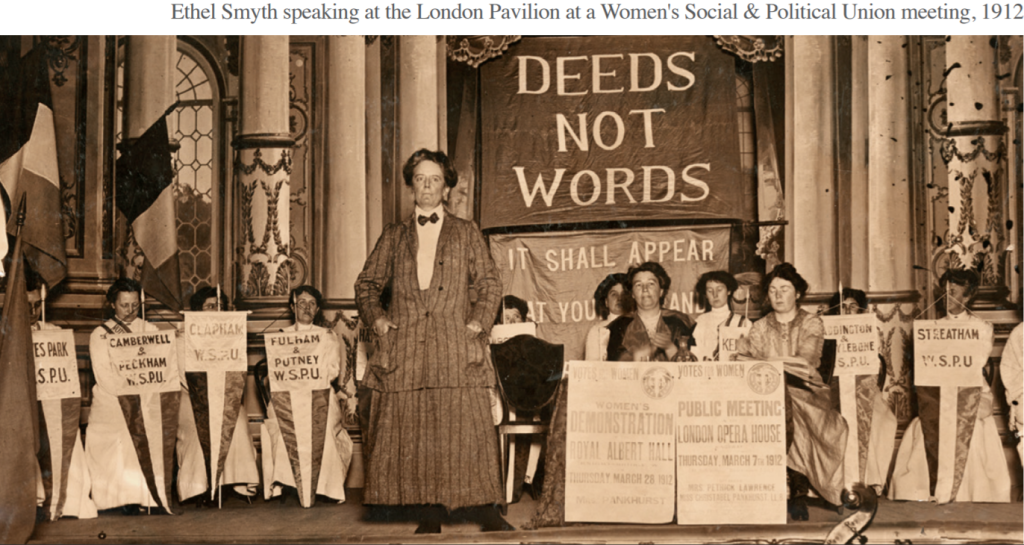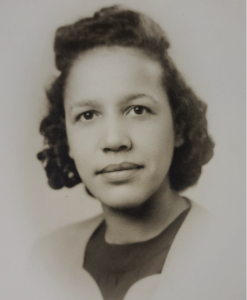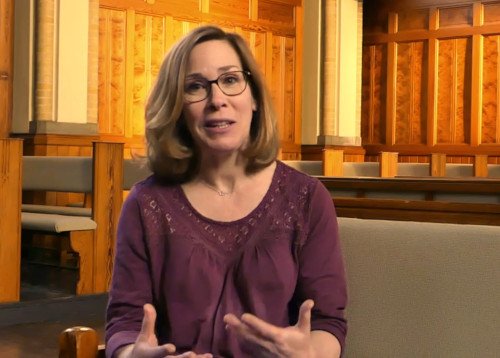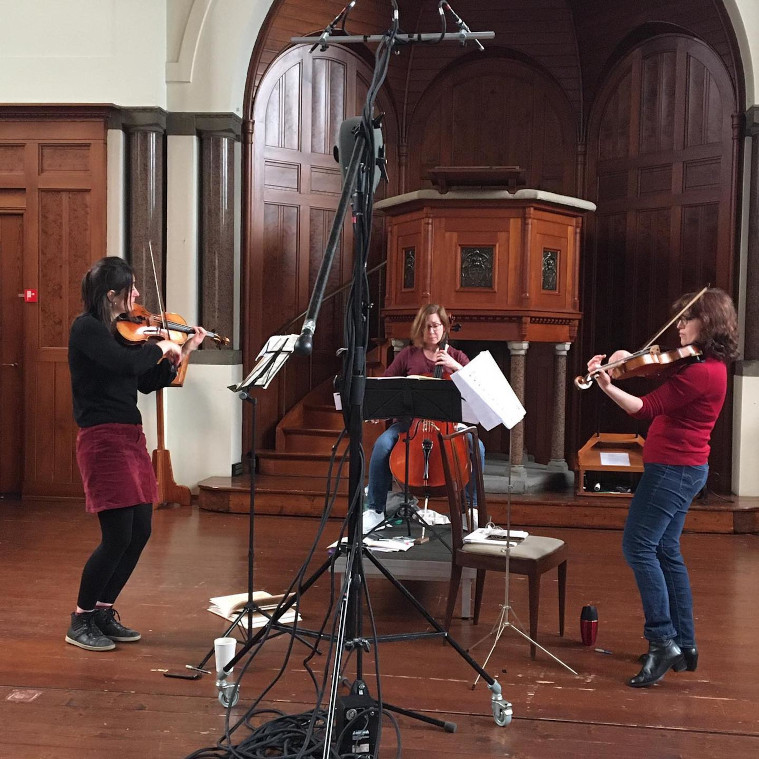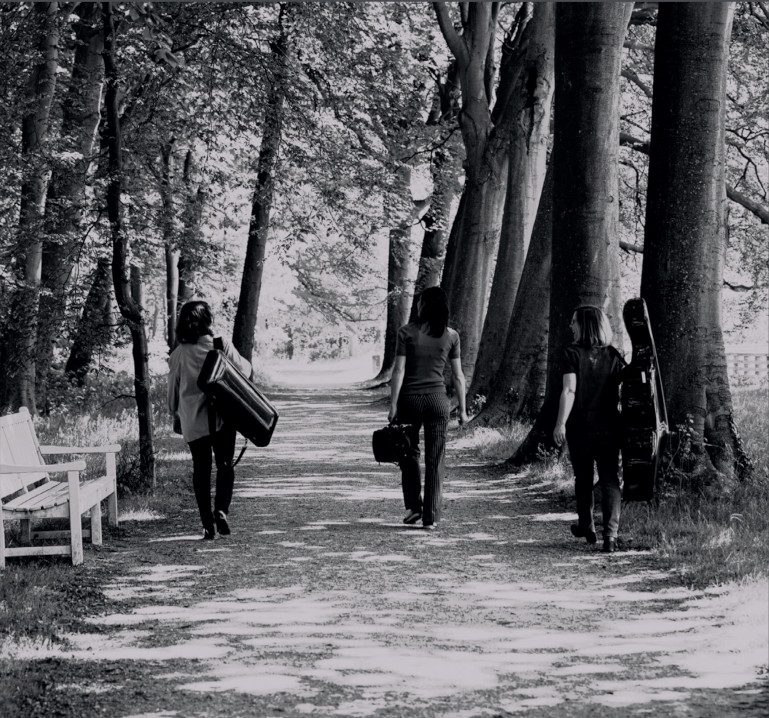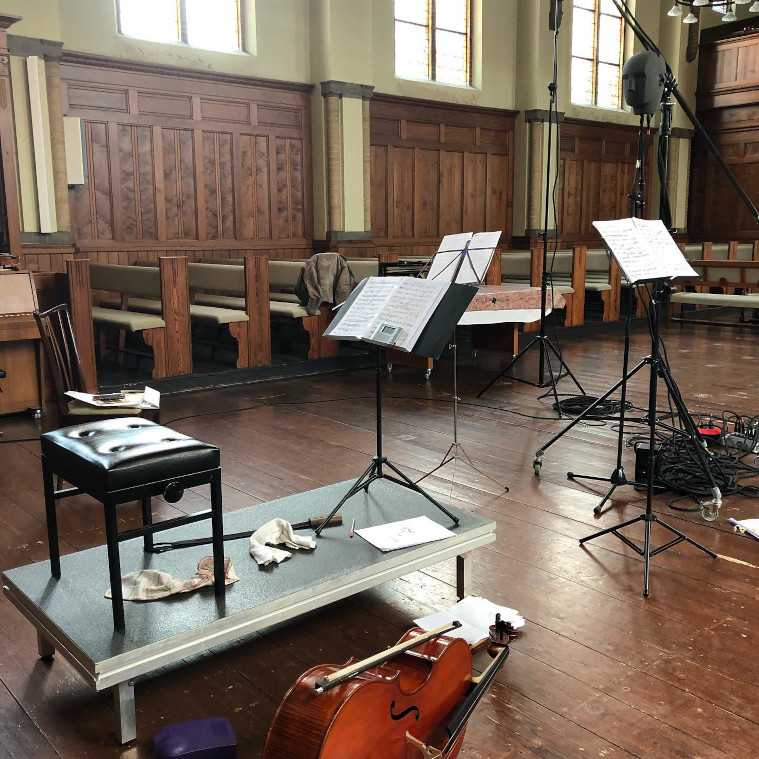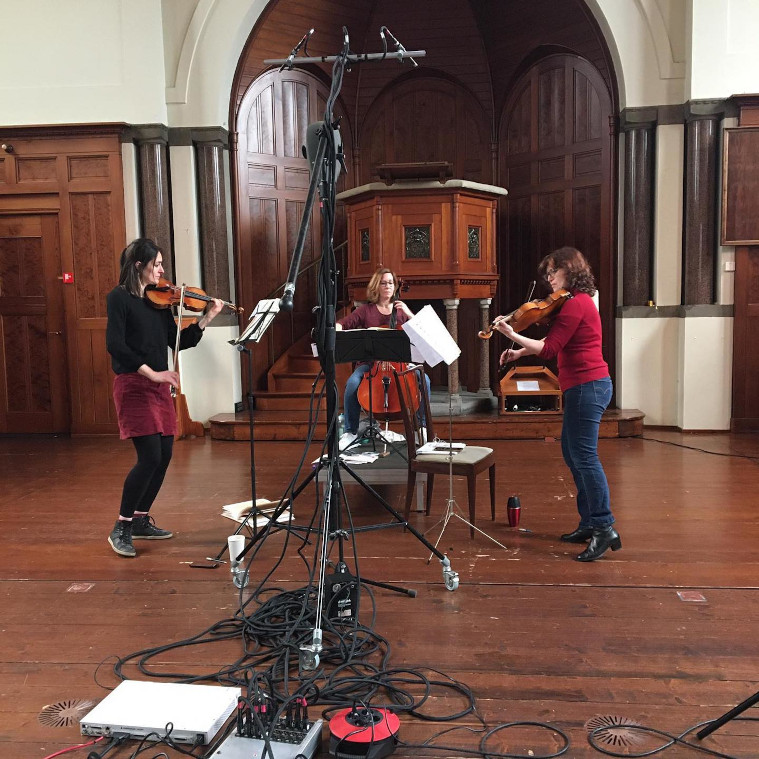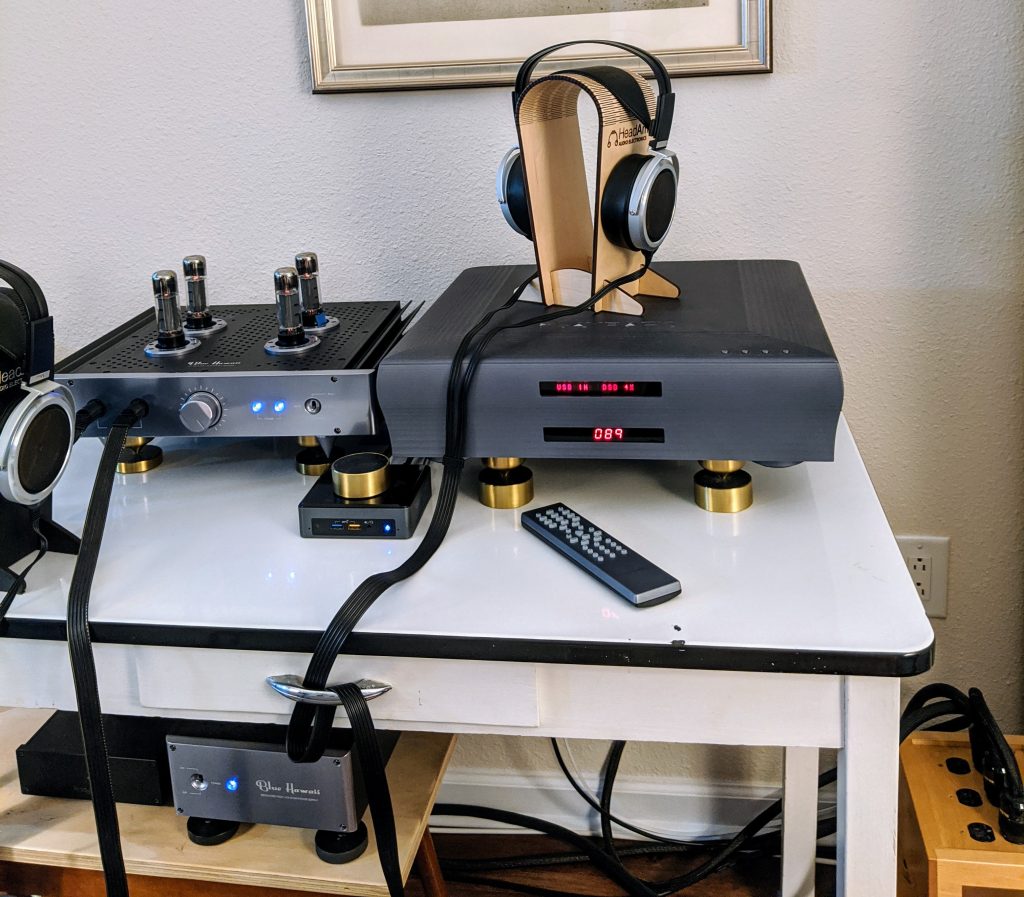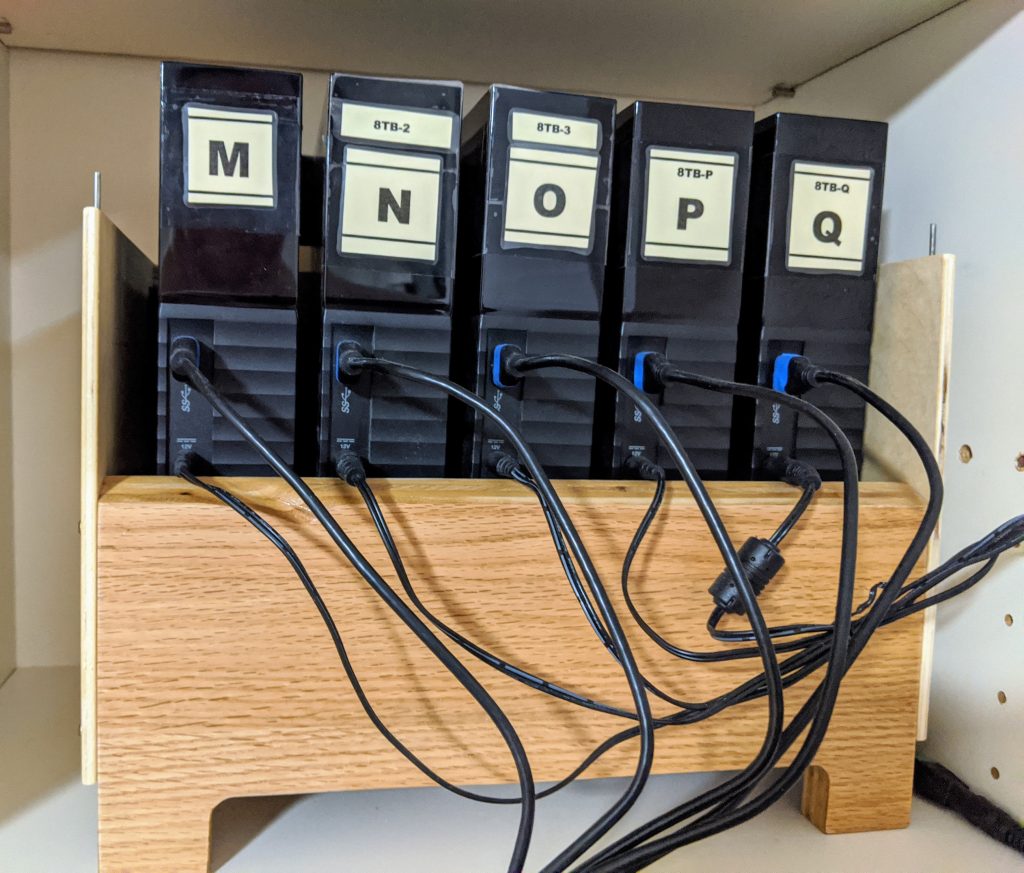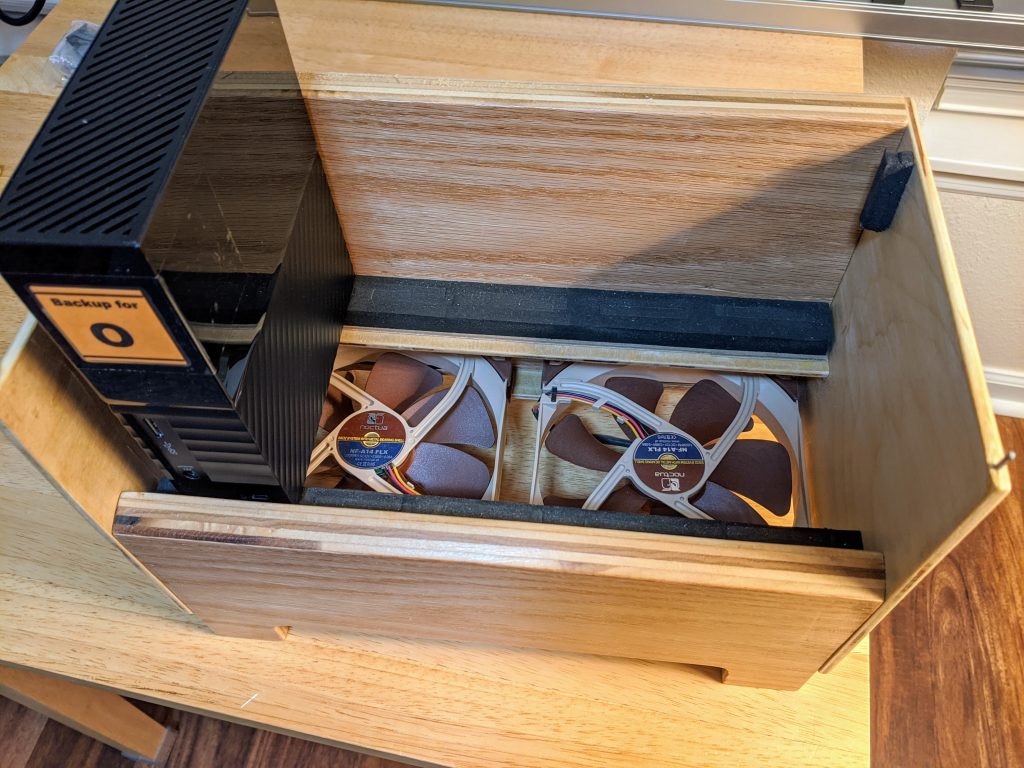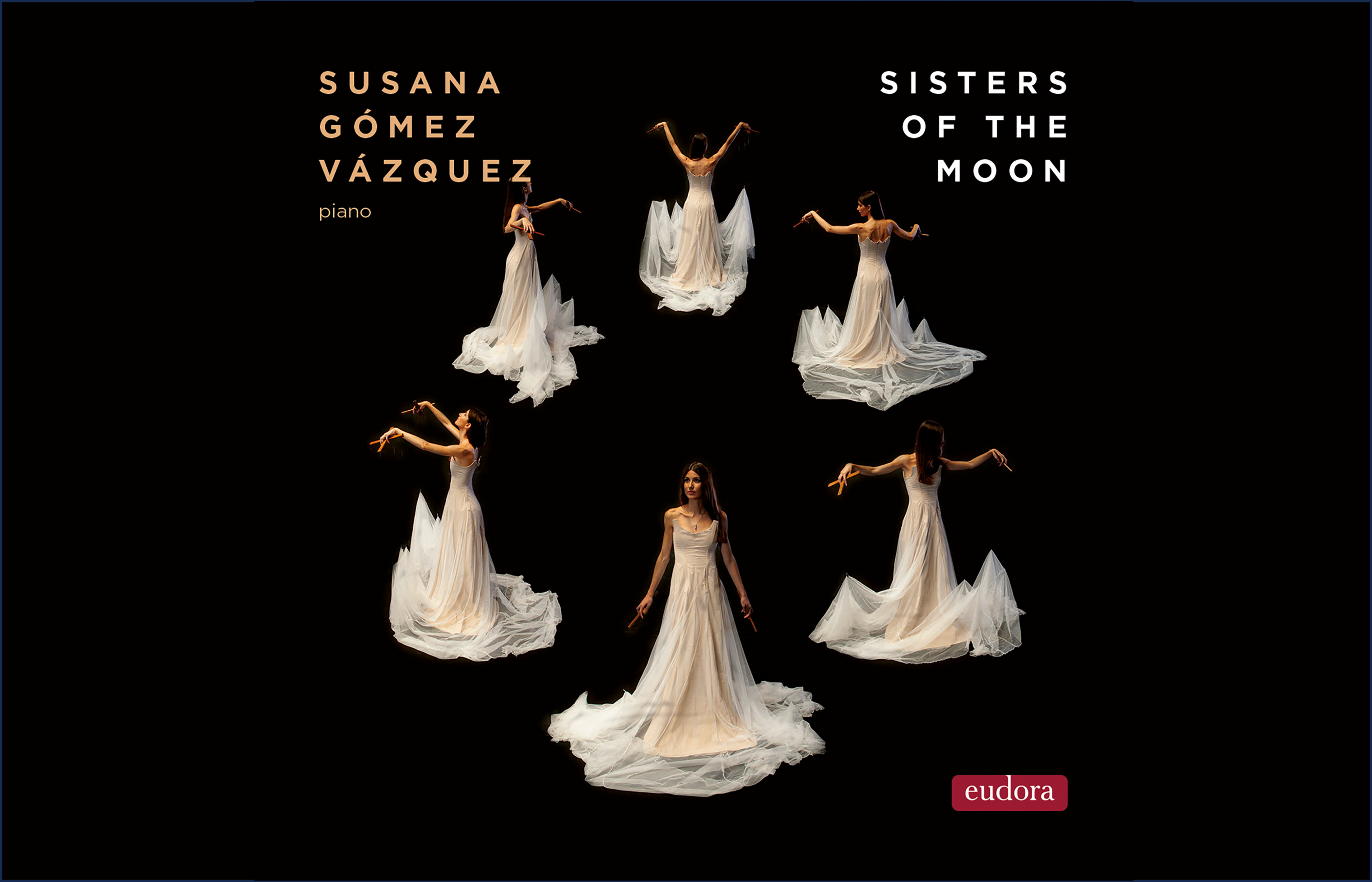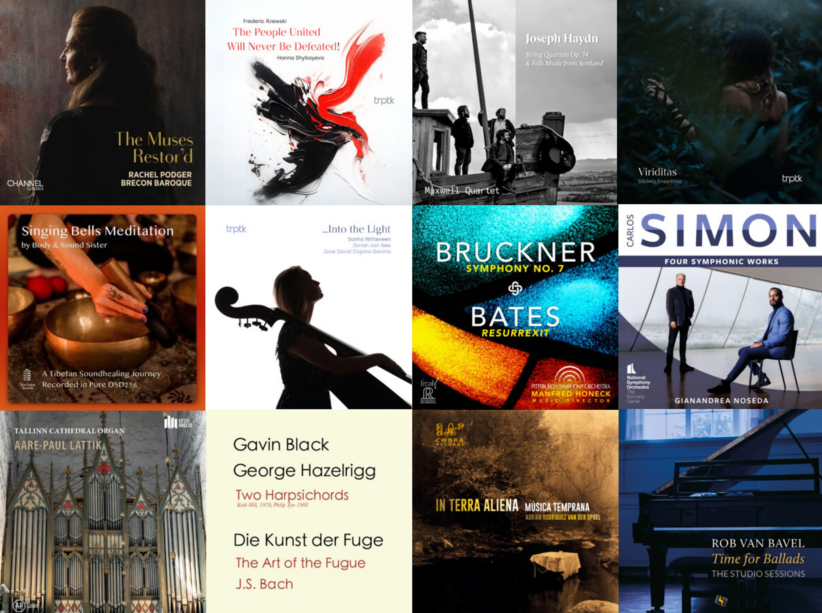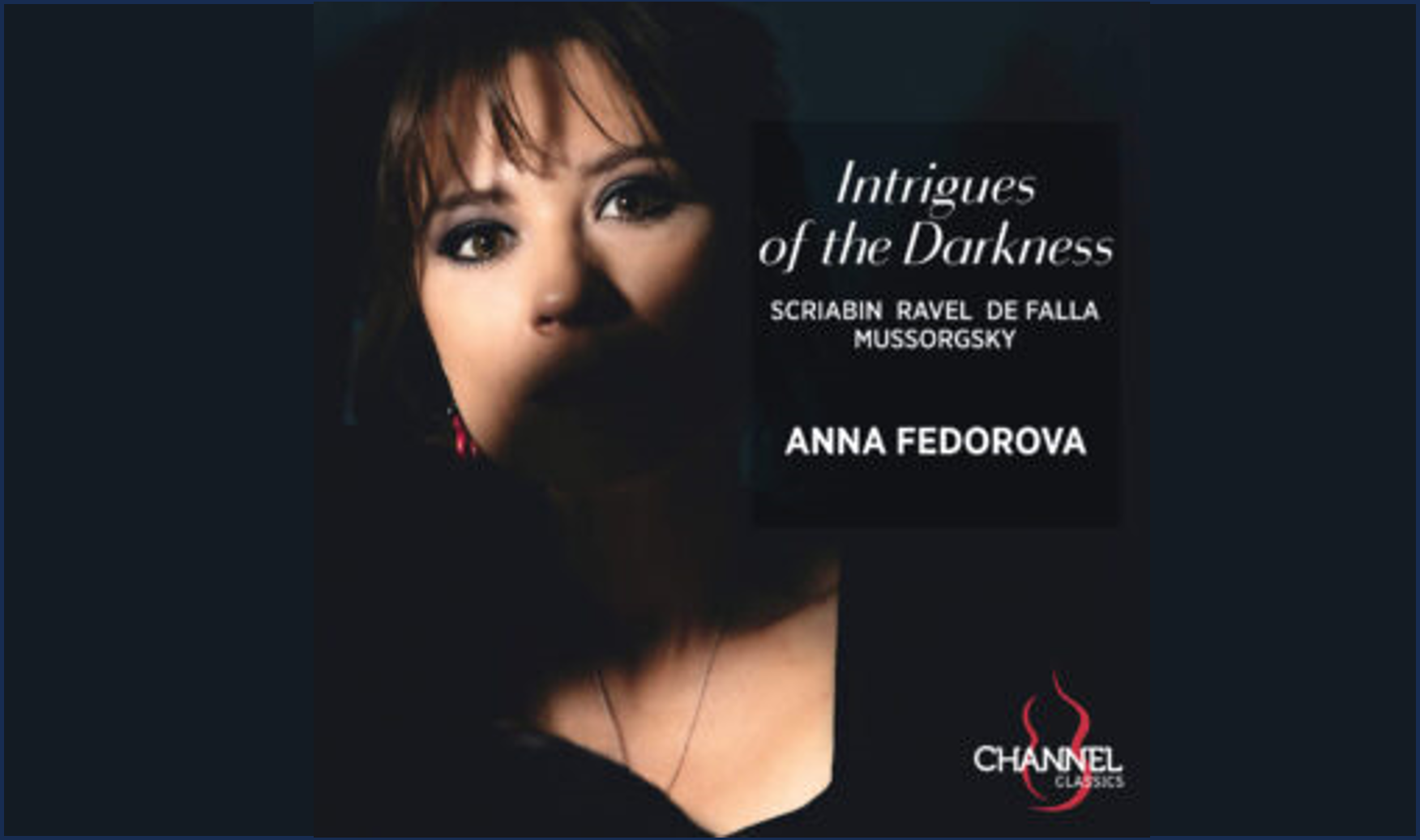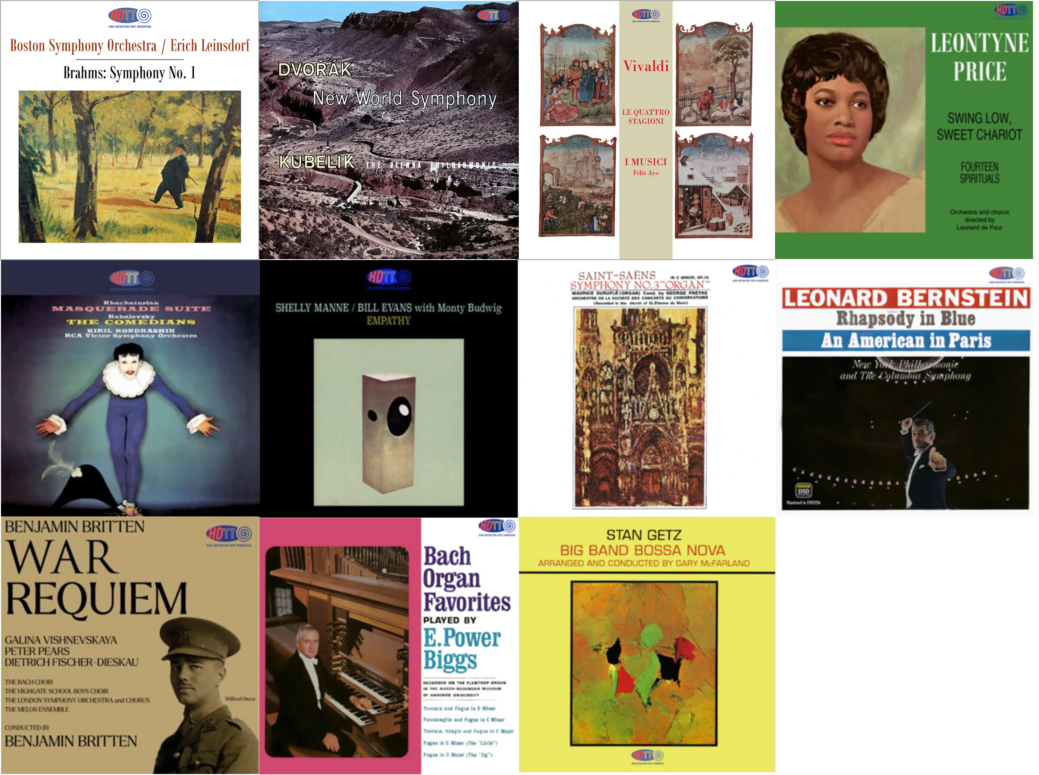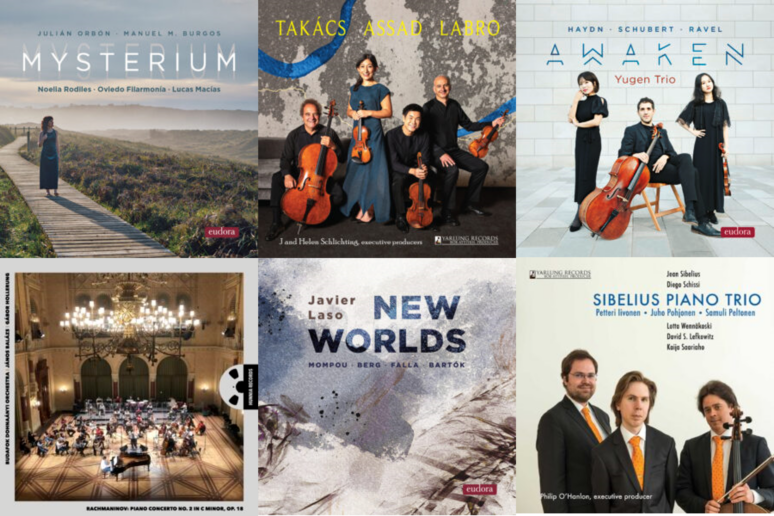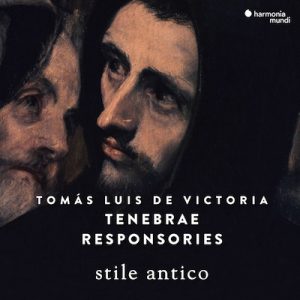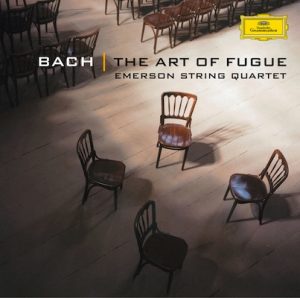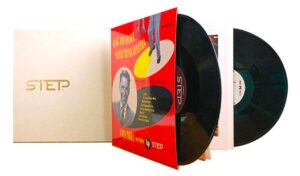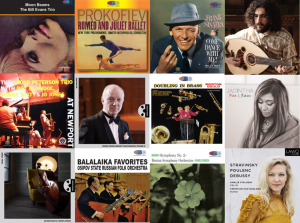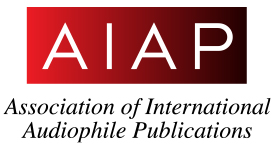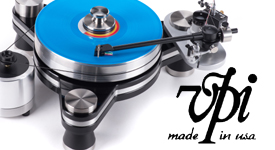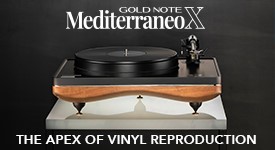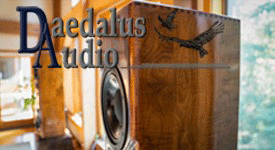Few things in this life are better than spending some quality time with The Hague String Trio as they continue the storytelling that informs their artistic collaboration. Celebrating Women! is a celebration of the discovery of previously unrecorded string trios by women whose music needs to be heard. Kudos!
Celebrating Women!, The Hague String Trio, Cobra Records (2021 (DSD256 PureDSD, binaural, stereo, 5ch) HERE
The album represents great music of four wonderful composers in works we've not heard before: Miriam Hyde (1913 - 2005) from Australia, Dame Ethel Smyth (1858-1944) from England, Emmy Frensel Wegener (1901 - 1973) from Netherlands, and Irene Britton Smith (1907 - 1938) from America.
In the cover notes to this world premier recording, the Trio write:
"It all began with the string trio by Dame Ethel Smyth, which led to a long search for more music culminating in the music you find before you. We couldn’t quite believe that despite her trio having been officially published, it had not yet been recorded. This made us wonder what other treasures were lying hidden away, in catalogues, archives, handwritten or already transcribed…
"We expanded our search to the first half of the 20th century, and via publishers and archives arrived at the trios of Wegener, Hyde and Britton Smith. Every time we put a new, unknown composition on our music stands we were full of anticipation and it was so special when we reached a decision together, almost instantly and knew: we have to record this music!
"In addition to the magnificent trio by Smyth, there were now the sparkling miniatures of Wegener, the lyrical trio of Hyde and the glorious fugue of Britton Smith.
"We had ended up with an wonderful quartet; four women, each with their own personal musical voice; refreshing and intriguing, and all four with fascinating biographies, diverse cultural backgrounds, coming from four different countries and no less than three different continents."
This is a delightful and informative release. Each of the works presented is stylistically distinct while reflecting a common post-Romanticism characteristic of their time, the last of the nineteenth century and the first part of the twentieth. Yet each work reflects the strong and independent musical personality of its composer.
With no prior recordings from which to compare approaches to this music, The Hague String Trio members deliver what they do so well: expressive, cohesive interpretations performed with great ensemble and sympathy. Filled with lively energy and a clear love and care for presenting these works for the first time, these performances are a gift. And a gift not to be missed I assure you—one that you bypass to your own regret. It is music that is challenging, engaging, emotionally satisfying, and immensely rewarding.
While the works performed here have not previously been recorded, the composers were known in their time, several performing with, or having their compositions performed by, some of the great orchestras of the period.
The following biographical summaries are paraphrased from the album's enclosed booklet written by Anne Woodward and are quoted with permission. I'm doing this because I think it is important that readers get some flavor of the background and character of these composers. It is this context that adds to making the album being so compelling and enjoyable to hear. The full booklet can be downloaded HERE.
So, here is part of what Anne Woodward shares with us about each of these composers:
Miriam Hyde (1913 - 2005) was a "grande dame" in Australian cultural life. She received her first music lessons from her mother, who was a pianist, and then studied at the Elder Conservatorium in Adelaide. At the age of nineteen, with a scholarship in her pocket and all alone, she boarded a boat to England to study in London. During her studies at the Royal College of Music there, she won several prizes for her compositions. As a successful pianist, Miriam gave many concerts, including performances of her own piano concertos with the London Philharmonic and London Symphony Orchestras conducted by famous conductors such as Malcolm Sargent and Constant Lambert. Her string trio, the first work on this album, originated from an assignment during her studies in London. As far the Trio knows, it was never performed in public.
Emmy Frensel Wegener (1901 - 1973) was born in Amsterdam and studied violin and composition at the Amsterdam Conservatory. She was also a poet and many of her poems have been published. Her French-inspired compositions, mainly chamber works, were composed between 1925 and 1935. The Violin Sonata and the Suite for string trio, heard here, are her earliest works. After that she composed a sextet for piano and wind quintet in addition to a cello sonata. Still later, she wrote a string quartet and several orchestral compositions, which were performed by the Royal Concertgebouw Orchestra conducted by Pierre Monteux and in Geneva conducted by Ernest Ansermet.
Dame Ethel Smyth (1858 - 1944) wrote, "I feel I must fight, because I want women to turn their minds to big and difficult jobs; not just to go on hugging the shore, afraid to put out to sea." And she did have to fight, first of all against her stern father, a major general in the Royal Artillery, who labeled all her musical aspirations ‘complete nonsense’ and preferred to see his daughter in a more traditional female role. Yet at the age of nineteen, by refusing to speak for days and acting so impossibly that she wore her father down, she managed to go to Leipzig and study there. After some time, dissatisfied with the level of the Leipzig Conservatory, she took lessons with the Austrian composer Heinrich von Herzogenberg, who also introduced her to his circle of friends, which included celebrities such as Brahms, Clara Schumann, Grieg, Dvořák, and Tchaikovsky.
Later, Ethel fought not only for her music, including six operas, symphonic works, a monumental concert mass and numerous chamber music pieces, but also for women's rights. An exciting adventure film can certainly be made about her turbulent life, loves and friendships, including those with Virginia Woolf.
She was highly regarded as a composer by the conductor Sir Thomas Beecham Beecham, who described her opera The Wreckers as "one of the three or four English operas of real musical merit." Tchaikovsky, after hearing some of her early works in Leipzig, praised her as "one of the comparatively few women composers who gave promise in the future of a serious and talented career."
And Bernard Shaw, who in his critiques initially emphasized her shortcomings as typical of a female composer, finally wrote to her in a personal letter: "It was your music that cured me forever from the misconception that women cannot do men's work in art." Later, she was rightly regarded as a pioneer of the English modern opera tradition, long before Benjamin Britten made an appearance, who, although he must have known her, never mentioned her. However, although she was still celebrated as one of the most famous English composers for the occasion of her seventy-fifth birthday, she has since been largely forgotten. Fortunately, the tide has recently turned and her works are now performed and recorded more and more often. In the summer of 2022, The Wreckers will be performed in Glyndebourne.
Irene Britton Smith (1907 - 1999) was born in Chicago and from an early age she wanted to be a musician and a composer. But due to the lack of money in her family that was by no means easy. After first being trained as a schoolteacher, she was able to earn her own money and then worked very hard to achieve her musical dreams. She eventually became a part-time student at the American Conservatory of Music in Chicago where she received her Bachelor of Music degree. Later she managed to study at the famous Juilliard School of Music in New York and completed her Master of Music degree at DePaul University in Chicago. Then she travelled to Paris and took lessons with Nadia Boulanger. This is pure grit and determination, folks. She fought against being labeled and strongly objected to being classified as 'black' or 'female' or even as a 'real' composer, explicitly stating that she only wanted to write music for the sake of music itself. She composed only a small number of works and there are few recordings of her music. Her style is a kind of French neo-classical with a unique, elegant and transparent sound idiom. The Fugue in G minor for string trio (1938) performed here was probably written as an exercise by this 'eternal' student, as Irene saw herself. The piece not only demonstrates a thorough technical mastery of the genre but emerges as an impressive and profound composition.
For some additional insight to the Trio's decision to record this music, enjoy cellist Miriam Kirby's comments about the album in this video published by Cobra Records HERE.
Miriam Kirby begins this video introduction: "I think as a member of a female trio we absolutely believe in promoting female composers. These days it's easier... I'm not saying it's easy for female composers... but there are so many more female composers out there who are getting played—thank goodness. But end of the nineteenth century, first half of the twentieth century, it was very different story. It was very hard."
The Hague String Trio, founded in 2006, still has its original players: Justyna Briefjes (violin), Julia Dinerstein (viola), and Miriam Kirby (cello). Fifteen years of collaborative effort clearly pays off and is readily evident in their close ensemble, technical harmony, and shared artistic sense.
I previously wrote most enthusiastically about their earlier release, After the Darkness, which shared unrecorded compositions of persecuted Jewish composers from the dark times of World War II (HERE). Their strong storytelling continues as they once again lift unknown, but worth hearing works, and thus enrich all of us.
I so look forward to their next adventure.
Recording engineer Tom Peeters has once again captured these moments with The Hague String Trio very beautifully. There is a natural simplicity and transparency to Tom's work as he focuses on recording in natural acoustic environments and getting the microphone placement correct at the outset to capture the live sound in that space. He records directly to DSD256, so getting things right the first time through is critical to his work as he captures simultaneously, in three independent microphone set ups, to binaural (using the Neuman KU-100 Artificial Head), 2-channel, and 5-channel. My earlier interview with Tom can be found HERE. A more complete discussion of binaural recording can be found in my article HERE.
In the above photos from the recording venue for Celebrating Women! one can see the Neuman KU-100 Artificial Head set up along with the microphones for the independent 2 channel and 5 channel recordings being made concurrently. Also take a look at the photo of the recording session earlier in this article.
As you can see in these session photos, Tom positions his microphones to capture the musicians in the acoustic space of the recording venue. There is no spot miking, no close-up miking. The results are a full, natural sounding recording that places you as a listener within that space just as in a live recital. Great stuff!
Images and permission to quote extensively from the album's booklet courtesy of Cobra Records. Thank you, Tom Peeters.




